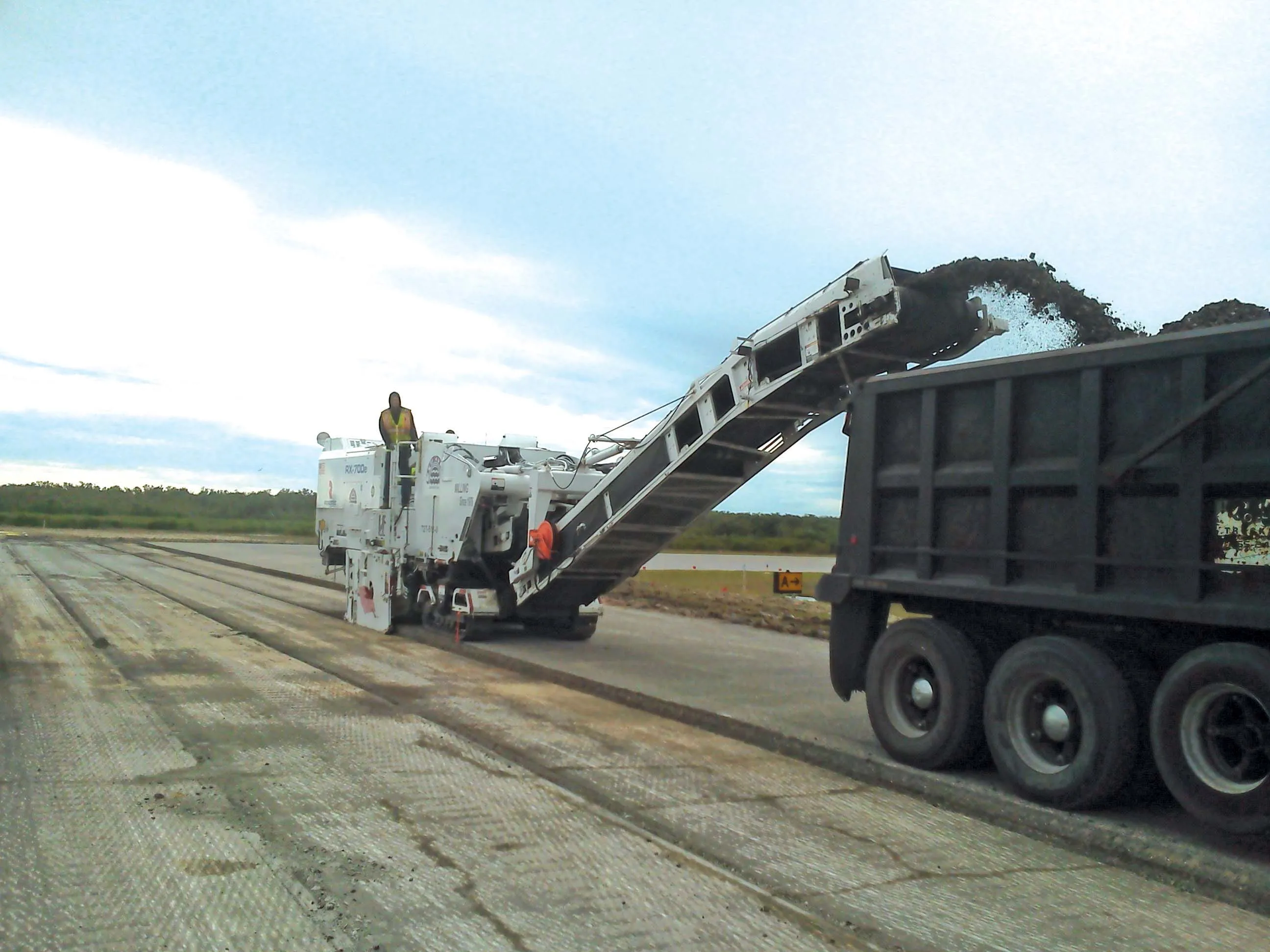Our series of profiles on winning projects from the 2010 Global Road Achievement Awards (GRAA) continues with the traffic management and intelligent transport systems (ITS) category, won by AECOM for its work on Florida's first managed lanes project
During January 2010, the Florida Department of Transportation (FDOT) completed Phase 1 of the 95 Express, the state's first managed lanes project. The 95 Express is unique in its approach to Transportation Management Centre (TMC) operations, incident manageme
April 12, 2012
Read time: 3 mins
Our series of profiles on winning projects from the 2010 Global Road Achievement Awards (GRAA) continues with the traffic management and intelligent transport systems (ITS) category, won by AECOM for its work on Florida's first managed lanes project
During January 2010, the
TMC operations
Prior to the 95 Express, the TMC's primary duties included incident management, service patrol dispatching and travel information dissemination. With the addition of the 95 Express, active traffic management became an important aspect of overall TMC operations. To adequately support the 95 Express operations, a new TMC position was created: the Express Lanes Operator.Unlike regular TMC operators, this new role requires an understanding of basic traffic flow theory and how it impacts the tolling algorithm as well as the impacts that incidents and system malfunctions have on the project.
A significant challenge that the TMC had to overcome was determining a way to calculate toll rates based on real-time traffic conditions along the express lanes in order to maintain free-flow conditions in these lanes. The TMC accordingly developed a software application called Express Lanes Manager, which assists in the calculation of toll rates based on real-time traffic conditions. In addition, Express Lanes Manager provides a way for Express Lanes Operators to graphically observe real-time traffic parameters per lane (speed, volumes, and occupancy) along the corridor.
Incident management
The 95 Express Incident Management Plan contains a series of strategies that integrate resources, procedures and protocols. These resources include two additional service patrols, one additional Florida Highway Patrol trooper, one incident response vehicle and one flat-bed tow truck.Special training was developed and delivered to bring these resources together and educate the responders on the new procedures and maintenance of traffic plans. These incident management strategies have shown improvements in incident clearance times: a reduction in travel lane blocking duration from 27 minutes to less than 12 minutes.
Dynamic pricing
The dynamic pricing algorithm relates toll rate boundaries to facility level of service - and adjusts the toll rate according to how quickly traffic speeds deteriorate or improve.The software's pricing sub-system has a normal operating mode that automatically implements a predefined toll rate every 15 minutes.
The Express Lanes Operator uses the software interface to monitor toll rate changes in order to maintain travel speeds above 45mph (72km/hour) in the express lanes.
"Winning this prestigious award provides
When asked why the company submitted this particular project, Edelstein replied: "








